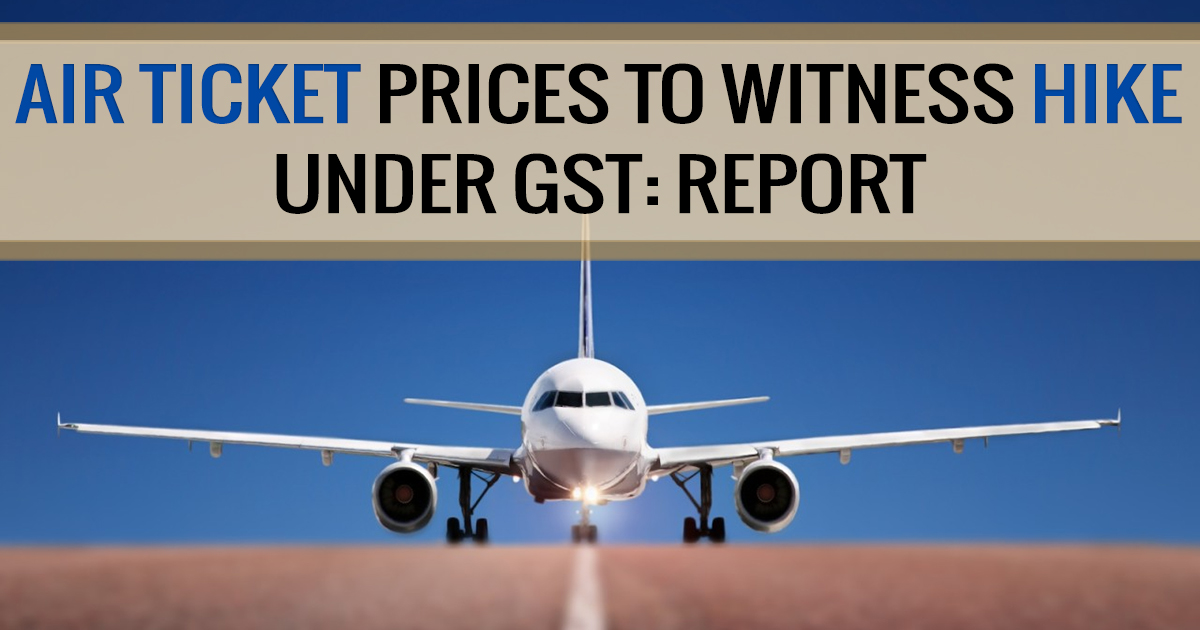The Centre for Asia Pacific Aviation (CAPA) stated in its India Aviation Outlook 2017-18 report that, “Although intended to simplify India’s complex tax code, and generally viewed as being positive for the economy in the long term, a higher effective tax rate for economy class air travel could possibly increase fares by 9-12%.”
“Given the price sensitivity of Indian passengers, this could have a significant negative impact on demand. The implementation of GST may also result in higher upfront costs for aircraft and leases, spares and parts, and distribution costs, increasing cash flow requirements, although airlines will receive input tax credits later,” it added.
The report suggested for an urgent review of the country’s civil aviation policy, advising that it may “prove to be a barrier” to the development of the sector.
The India Aviation Outlook 2017-18 report said that there are several “design flaws” in the policy, especially with respect to regional connectivity, ground handling and bilateral policy, mean that it will be “difficult to implement in practice”.
Read Also: Gen GST Registration Utility: Make Unlimited GST Provisional Id’s
The Ministry of Civil Aviation had unveiled India’s first Civil Aviation Policy in June 2016, declaring a scheme to connect remote towns by air, besides rewriting a questionable rule that restrained new domestic airlines from flying abroad till it completed five years and had 20 planes in its fleet.
It said the policy was a “document almost 20 years in the making”. While embracing such a movement, the CAPA said, “The National Civil Aviation Policy (NCAP) requires a thorough review to ensure that India has a policy that will deliver the aviation sector that it needs.”










